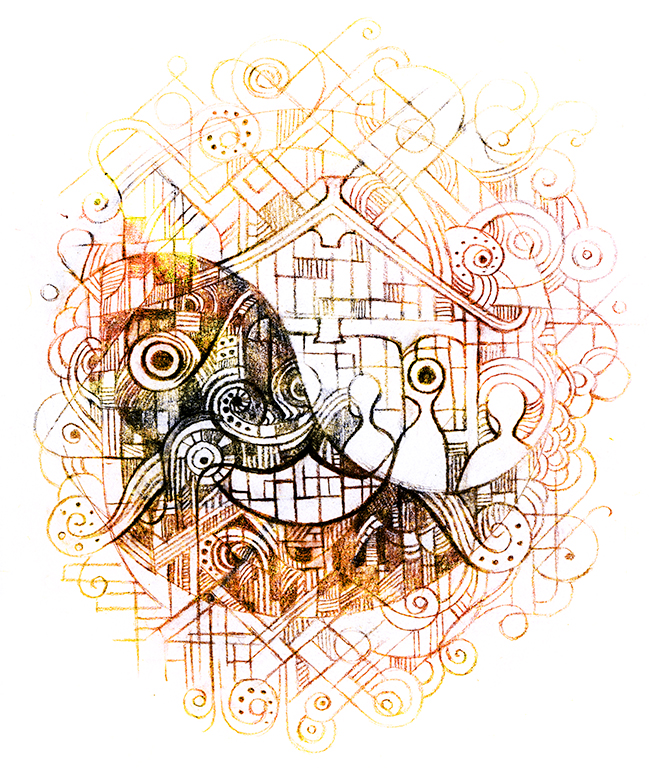XI The Imperial Colonel

One is ashamed to say by what means the imperial colonel governs our little town in the mountains. His few soldiers could be disarmed immediately, if we so wished, and help for him, even supposing he could summon it—but how could he do that?—would not come for days, indeed for weeks. And so he is utterly dependent on our obedience, but he does not try either to enforce it by tyrranical means or to wheedle it out of us by cordiality. And so why do we tolerate his hated rule? There is no doubt about it: only because of his gaze. When one enters his study— a century ago it was the council chamber of our elders—there he sits at his desk, in uniform, pen in hand. Ceremonial is something he does not care for, and any form of play-acting far less, and so he does not go on writing, as he might, letting the visitor wait, but instantly interrupts his work and leans back, though he does keep his pen in hand. And so, leaning back, his left hand in his trouser pocket, he gazes at the visitor. The petitioner has the impression that the colonel sees more than merely him, the unknown person who has emerged from the crowd for a little while, for why else should the colonel scrutinize him so closely, and long, and in silence? Nor is it a keen, probing penetrating gaze, such as might be directed at an individual person; it is a nonchalant, roving, and yet steady gaze, a gaze with which one might, for instance, observe the movements of a crowd in the distance. And this long gaze is continuously accompanied by an indefinable smile, which seems to be now irony, now dreamy reminiscience.